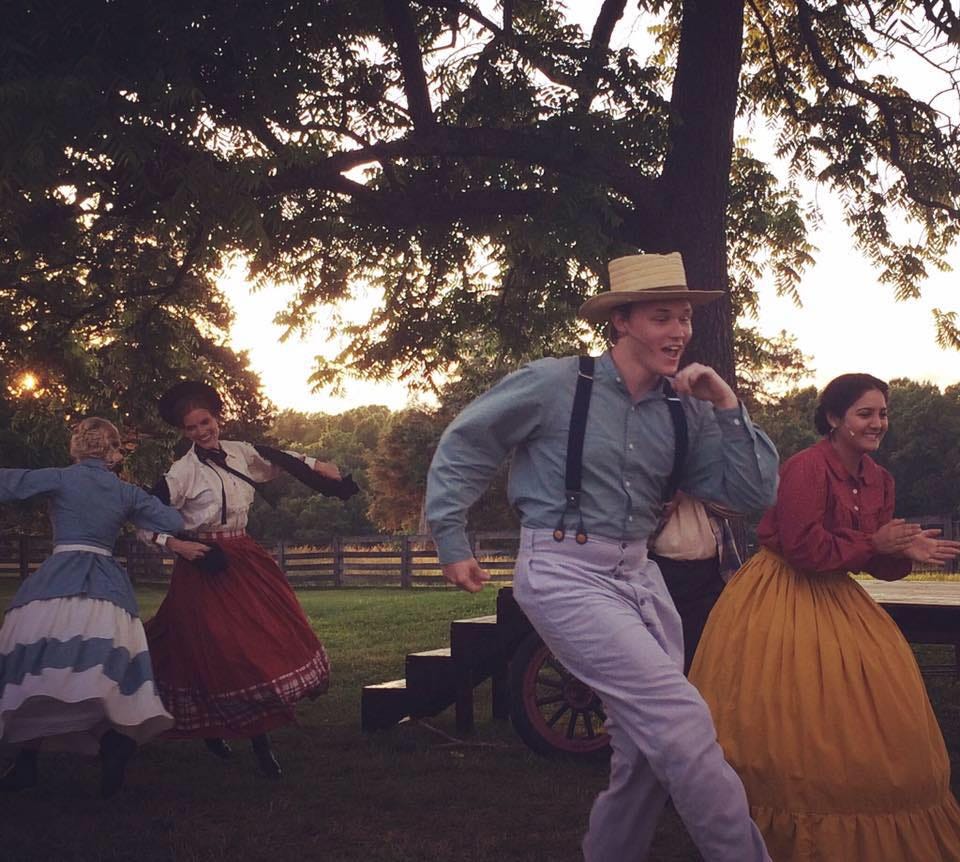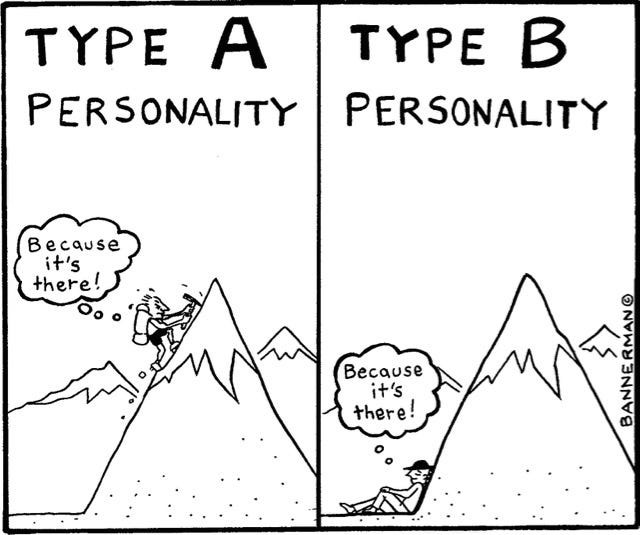Musical Theatre as a Left-Brained, Type A, Anal Retentive, Perfectionist.

I’ve been a performer since I was 5 years old. At that age you could have asked me what I wanted to be when I grew up and I would have answered, “a singer, a dancer, and an actor.” That was before I even new what musical theatre was. My mother signed me up, at my request, to take dance lessons with my cousins which included ballet, tap, jazz, hula, poi, and ballet folklorico, which I’m now realizing I never learned to pronounce correctly. In middle school I was on the dance team and began to take some of my first acting classes. I did my first play in the 7th grade when I was cast as Snow White in a show called Ever After, about fairy tale characters post “happily ever after.” Now, a little more than 10 years later, I’m working on my 24th show. I’ve done Shakespeare, contemporary, original works, and musicals as well as, I don’t know how many, dance performances. I’ve never gone more than 6 months without working on a show, I have a B.S. in musical theatre from Sweet Briar College, and theatre is literally my life.

Over the years I’ve come to learn that traditionally, performers are associated with being right-brained individuals. The creative type who are flexible and open to trying new things and “going with the flow.” Unfortunately, I am a performer who happens to be more left-brained, anal retentive, and type A than many of my fellow actors. Now that’s not to say that I don’t consider myself creative and artistic, I do, but I just approach it differently. I’m a planner, a list maker, and I have to try to think it through before I “go for it.” I’m also ambitious, competitive, I talk loudly and quickly and as a performer I need attention and acceptance, which in my mind I get by being perfect.
It’s not a traditional path I walk so it’s brought me comfort to find myself, albeit a caricatured version of myself, in a character from Glee. Glee aired when I was in high school and it’s about a group of teenagers dealing with life while trying to win a show choir competition. Rachel Berry, the determined, talented, bossy star of New Directions was always my favorite character because I related to her the most. I saw a kindred, type A spirit with passion and ambition just trying her hardest and doing everything she could to “win,” in school, in love, and in show choir competitions. She’s a perfectionist. She’s like me.
I get so caught up in being perfect that it can sometimes hold me back. When I took my first voice lessons in college I would often stop myself mid phrase or note when I was unsure. My voice teacher, the picture of what you imagine a voice teacher to be, loud, expressive, nurturing, and free-spirited, would say to me, “Why did you stop? Don’t stop. I’ll tell you when you’re wrong.” I’m not sure she understood that I just couldn’t help myself. That I couldn’t help but stop when I thought I had made a mistake or wasn’t sure I was entirely correct. I figured out why I was that way after I went home for a break and talked to my dad. We talked about my perfectionist and argumentative tendencies. “I’m sorry baby,” he said with a little humor. “I raised you to rather be right than happy.” Thanks dad.

In a more recent example I’m currently working on a production of To The New Girl which is a series of 10 monologues for 10 women “writing a letter” to the new woman in their former man’s life. These monologues are long. I’m talking 6 pages each and at least 5 minutes of non-stop reciting. It’s been a new experience for me as I’ve never delivered a monologue that long before, not even in acting classes. Naturally, I’ve seen it as quite the challenge to overcome. So one day in a one-on-one rehearsal with the director she gave me some feedback, a way to try the ending differently. I tried it and when I finished she said, “how did that feel?” I looked at her questioningly and said “uhhhh.” She laughed kindly and asked again, “how did that feel? Was it better?” It felt fine, I guess. I don’t know. “I’m the kind of person,” I finally admitted “that when someone asks me that, my response is usually, ‘I don’t know you tell me!’” She and the stage manager laughed and he said “I’ll tell you then. It was freaking beautiful.” Great! I thought, because honestly I don’t care how it feels to me. What matters is how it comes off to the viewer. For me it’s not about the internal, it’s the external, the concrete, how it looked, how it sounded. As long as it looks and sounds good I could care less what’s happening in my head.
Now let me say that I am certainly not complaining about being this way. I don’t know how to be anyone other than who I am and after 18 years of performing I’ve learned the best methods for me. The purpose of this blog is to share what I’ve learned. This is what I do, this is how I do it, and hopefully in can help you along your journey as well. Maybe you are a performer who is type A like me. Maybe you’re type A but not a performer. Maybe you’re new to the world of theatre and just need some outside perspective on how to “do theatre.” Wherever you’re coming from it is my intention that this blog series will teach you something, about theatre, yourself, or hopefully both. This is about life “in the the-a-tre!”

